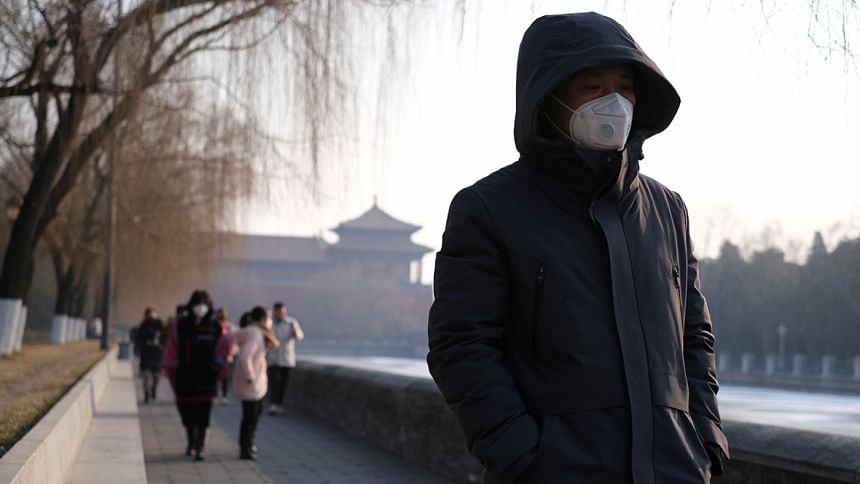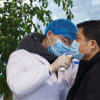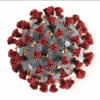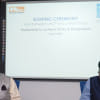Can masks alone protect you from coronavirus?

Mask sales have spiked in China with the recent outbreak of the SARS-like Coronavirus, with pharmacies in the Wuhan province -- the epicentre of the viral outbreak -- having to limit sales to one pack per customer due to anticipated shortages. Government officials have asked citizens to wear masks in public to limit the spread of the virus -- but according to virologists, the mask alone may not be enough.
Images of viral outbreaks are often accompanied by throngs of people wearing surgical masks in public places, and they've become the first line of defence in such situations. However, their effectiveness at controlling the spread of viruses have been called into question by experts.
"Surgical masks are one-time use only, and we recommend changing masks every day as they are not designed for repeat use," says ASM Alamgir, Principal Scientific Officer at the Institute of Epidemiology, Disease Control and Research (IEDCR).
"Specialised masks are certainly more effective than surgical masks, but for people who do not work in controlled environments like laboratories, these 'respirators' are difficult to get used to," he continues.
"Respirators are also difficult for people with existing respiratory illnesses to use."
Respirators, which have built in air-filtration systems that remove particulate matter, became popular across India and Bangladesh following significant drops in air-quality in cities like New Delhi and Dhaka.
However, masks and respirators play a significant role in providing protection against hand-to-mouth transmission of bacteria, and come recommended as a means of personal hygiene and basic protection.
Masks should be worn correctly, changed frequently and disposed of safely if they are to work, according to experts.
Doctors recommend washing hands with warm water and soap on a regular basis, avoid touching the eyes and mouth, and generally maintaining hygiene standards wherever possible as the best methods of prevention in cases like the coronavirus spread.
"We advise travellers in any airport to avoid touching escalators, railings or other such places. For now, that is one of the safest preventive methods against the coronavirus spread," says the IEDCR official.

 For all latest news, follow The Daily Star's Google News channel.
For all latest news, follow The Daily Star's Google News channel. 








Comments